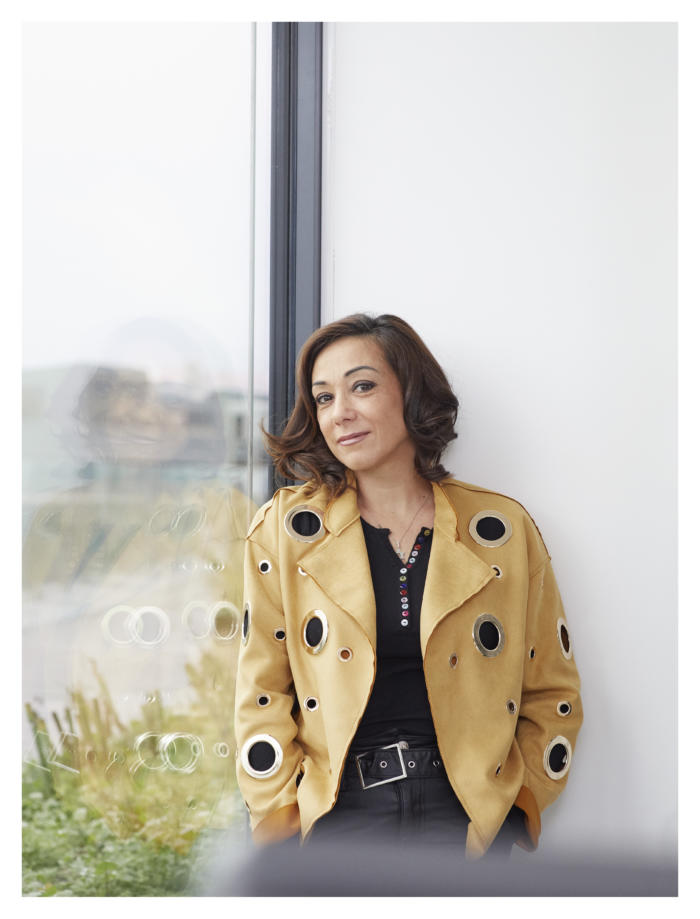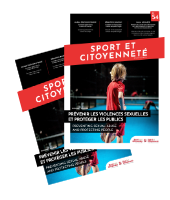“Making people listen”

Sarah Abitbol
Sarah Abitbol, the figure skating champion whose revelations in 2020 marked a turning point in talking openly about sexual abuse in French sport, talks to Sport and Citizenship about the code of silence which still prevails, and the battle she is waging through her association “La Voix de Sarah” (Sarah’s voice).
Interview by Sylvain Landa
What is La Voix de Sarah’s mission and why have you created the association now?
SA: I’ve been thinking of creating this association for a long time. There is so much need for it (more than 800 French athletes have been subjected to psychological or physical abuse) that this association was the logical next step. It was good to talk openly about it, but continuing to act is better. The aim is to help victims of sexual abuse within sport and outside it to talk openly about it. The first thing to do is listen to victims, protect them and point them towards competent support organisations. In parallel, I am also working on an exhibition and a show on ice, where my body will be able to express itself.
What would have helped you to break the silence when you were a victim of abuse?
SA: Being listened to, first. I tried to talk to various people in posts of responsibility in the federation and to the Minister, but I was faced either with closed doors, or a demand not to talk about it too much. My book was my last chance. I could no longer live with the idea that my abuser was still at the same ice rink. I felt that I was complicit in this silence. The book enabled me to come out and say the word “rape”, which I had not been able to do before.
Do you think that athletes who have not been victims should also break the silence?
SA: We really do need more athletes to join the combat, because our voices can be heard and can encourage other, unknown victims to break the silence. The shame and the fear need to change sides.
Is the increasing equality adopted by sporting bodies a good thing for combating this kind of abuse?
SA: As well as ensuring that women are better represented, I think this equality will mean that victims are listened to more. Personally, if a man had come to talk to me, I would have been incapable of telling him what had happened to me, simply because he was a man. And there are many more women than men who are victims of sexual abuse.
I am also working on two other fronts. The first is the statute of limitations concerning the sexual abuse of minors. We must avoid the situation where the abusers remain unpunished while their victims are imprisoned for their whole lives, since their bodies will never forget what they have suffered. The second concerns gaining recognition of traumatic amnesia, the memory loss suffered by some victims following abuse. The brain closes down to protect itself, and this can last for years. It is a controversial subject, because traumatic amnesia is difficult to prove. However, the research is making progress. It is essential for this amnesia to be recognised to make sure that there is no statute of limitations for sex crimes against minors
 Find this article and more in our special magazine :
Find this article and more in our special magazine :
PREVENTING SEXUAL ABUSE AND PROTECTING PEOPLE










 MEMBERSHIP
MEMBERSHIP CONTACT
CONTACT FACEBOOK
FACEBOOK